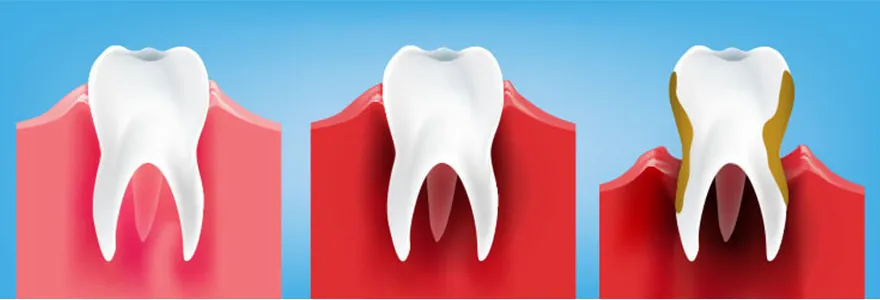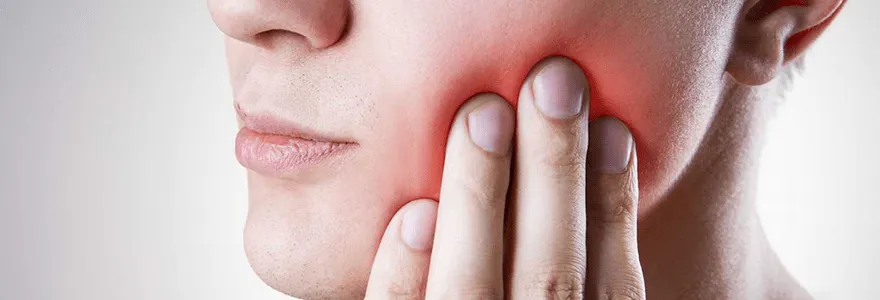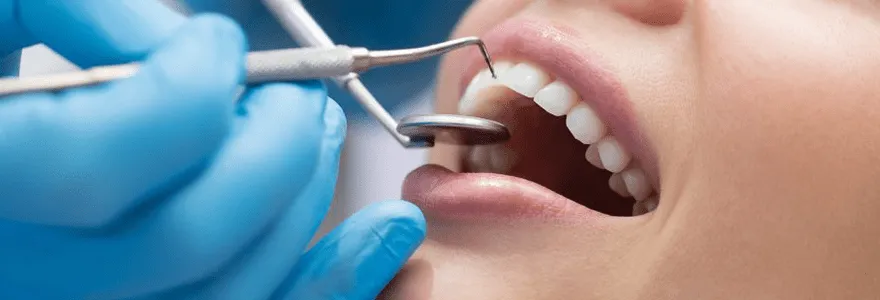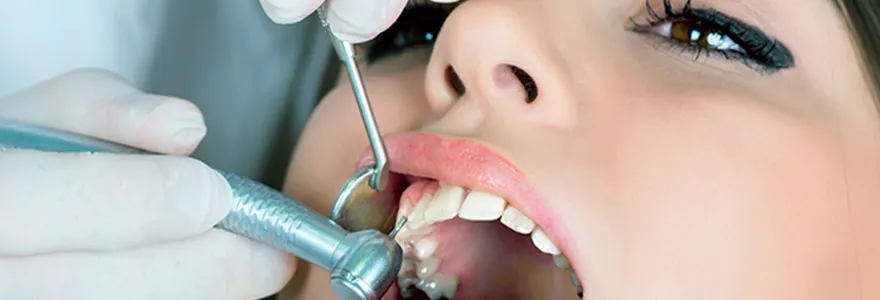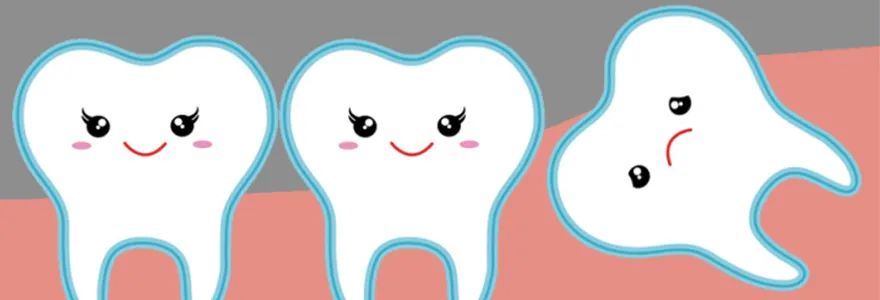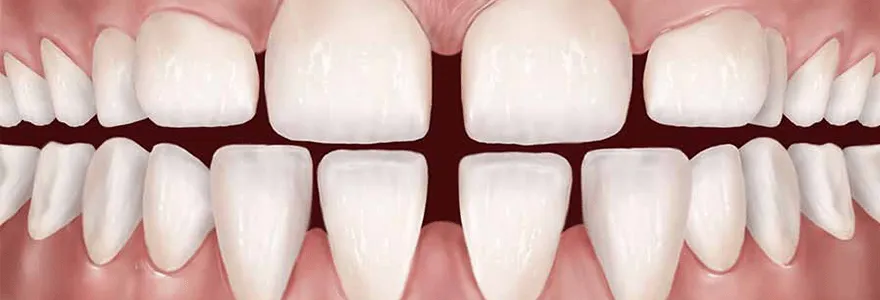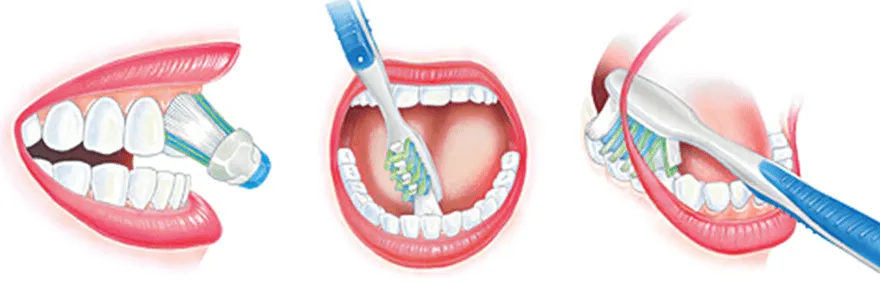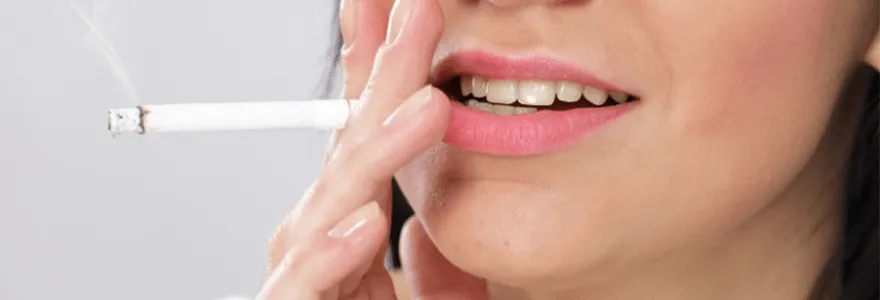Oral hygiene is as important as physical hygiene and should be started right from an early age. Overlooking oral health can lead to multiple dental issues requiring several dental treatments. Some people visit their dentist only when they experience a dental problem, but it is recommended that you visit your dentist at least twice a year for oral checkups. Moreover, the in-house dental care is also an integral part of your oral hygiene, so make sure to complement dental check-ups with your own personal care regimen. Practice proper oral hygiene regularly For a healthy mouth, you need to dedicate all the attention it requires to stay healthy. Brushing twice a day isn't the only way to keep your mouth germ-free. Do it correctly, do it regularly. Daily preventative care can help you avoid serious dental conditions such as gum disease, tooth decay, tooth loss, etc. There are some steps that we can take to reduce the risk of oral disease such as - Brushing twice a day: Use the right technique to brush and floss your teeth as suggested by the American Dental Association (ADA) – Tilt your brush at a 45 degree to your gums and stroke the brush back and forth across the sides and top of your dental arch. Then, use short back and forth strokes to gently clean the inside, outside and chewing surface of your teeth. Brushing correctly can help minimize plaque and tartar buildup in between teeth and gums. Flossing daily: Supplement brushing with flossing. Although brushing helps you clean your teeth, but there are certain areas that the bristles of your brush can't reach. Dental floss provides in-depth teeth cleaning as it cleans the areas beyond the reach of your brush, which is it removes food particles stuck between teeth and gums. Consult your dentist to know the proper use of dental floss. Avoid junk food and eat healthy: A healthy diet means a healthy mouth. The most common reason behind tooth decay is consumption of sugary food items such as sweetened drinks, sugar-filled sodas, unhealthy snacks, etc. Diet on healthy, nutritious food to maintain the wellness of your mouth. Even your dentist will recommend you to snack less on unhealthy stuff as junk food not only affects your physical health but also deteriorates oral condition. Use mouthwash: For additional hygiene, consider adding mouthwash to your daily care regimen. Mouthwash can help keep your mouth clean and smell fresh and nice. But before that, consult your dentist and do what he/she suggests you to. Change your brush often: Brush bristles start to fall apart over time and this may not be doing the job anymore. It is recommended to change your brush every three months and use the one suggested by your dentist. Maintaining good oral hygiene prevents periodontal disease and keeps your mouth healthy. Make sure to visit your dentist frequently and he/she can better guide you to follow good oral habits for a long-lasting, healthy mouth.

